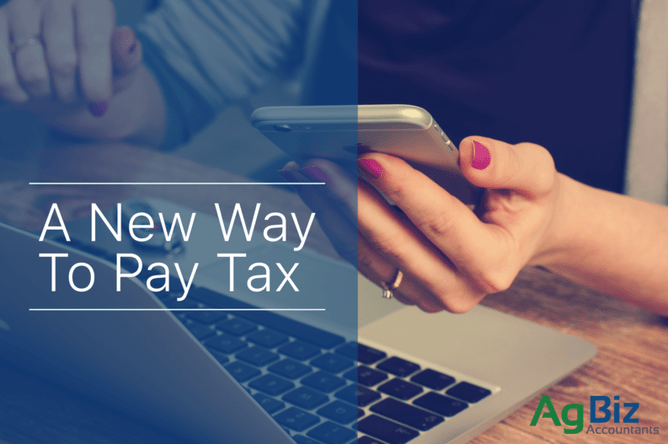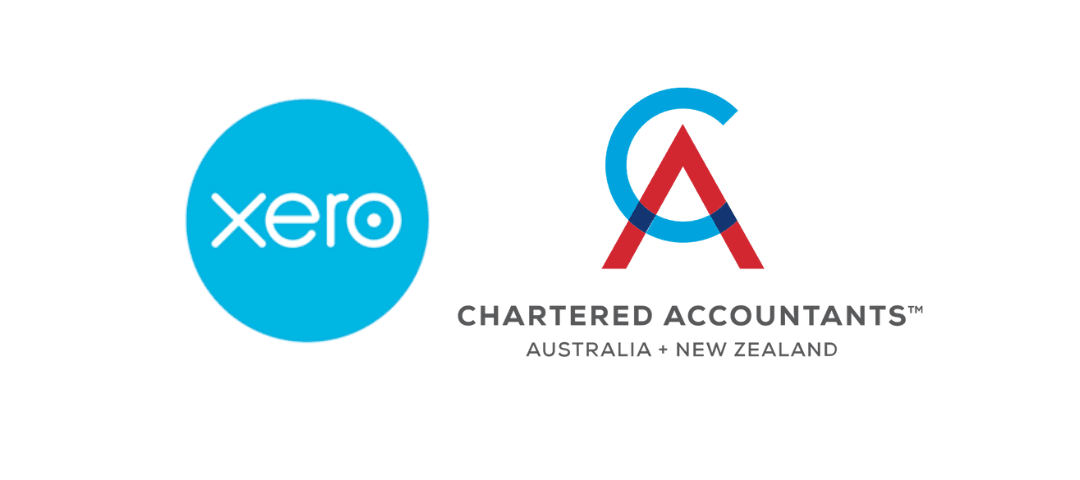New Provisional Tax Method - Accounting Income Method (AIM)
From April 2018, there is a new provisional tax calculation method called the Accounting Income Method(AIM). AIM allows for businesses with sales of less than $5m to meet their provisional tax obligations as the year progresses and minimise any use of money interest costs. Currently provisional tax is calculated on prior year tax liability and Inland Revenue's (IR) thinking is to make it easier to pay your tax at the same time you earn it, allowing for seasonal changes or fluctuating incomes.
On the face of it, this sounds great. It could result in:
- Less time-consuming forecasts and planning
- Accurate tax payments based on actual trading results
- Potentially combined with filing of GST returns on a regular basis, saving time and effort.
- It could be seen the first step for IR to eliminate end of year financial accounts redundant cutting compliance costs for small businesses
At present, some potential downsides include:
- No allowance for shareholder salaries, utilizing lower individual margin tax rates. Tax could be overpaid (28% for companies and 33% for trusts) during the year. For example, a $70k profit in a company results in tax of $19,600 for a company, but a shareholder salary of $70k results in tax of $14,020
- Disclosing your full business trading information to IR every two months
- The current provisional tax method allows for great benefit of time use of money (you pay the last installment after the financial year in May).
- For farmers, factors such as closing livestock values, deferred fertilizer and income equalisation deposits are generally made at year end.
For all our clients we will keep you posted on any future changes and if we believe this provisional tax method may benefit you. If you’re just browsing by and want to know if this may help you, please get in touch with us today for a free no obligation meeting.
This material has been prepared for informational purposes only, and is not intended to provide, and should not be relied on for, tax, legal or accounting advice. You should consult your own tax, legal and accounting advisors before engaging in any transaction.





